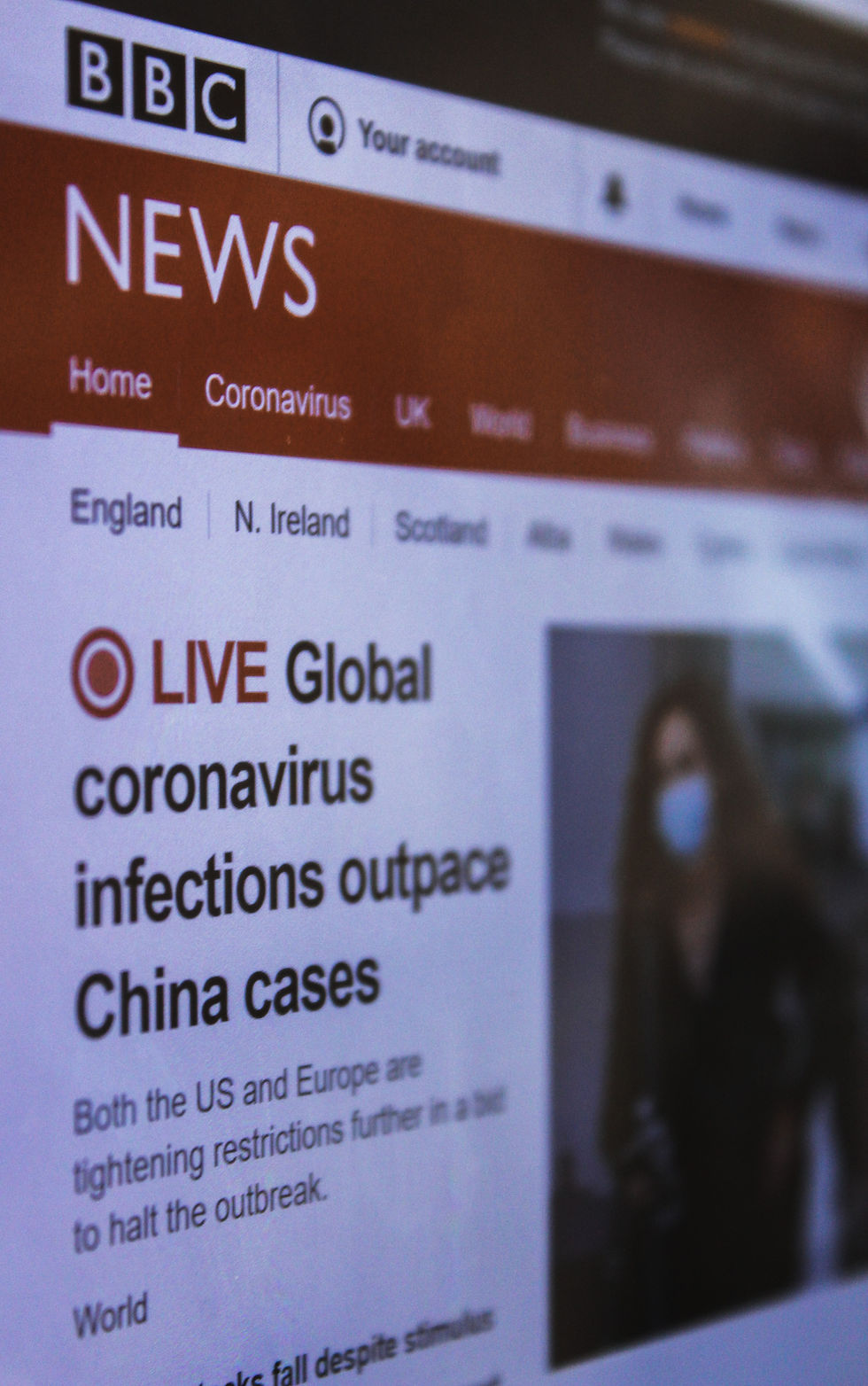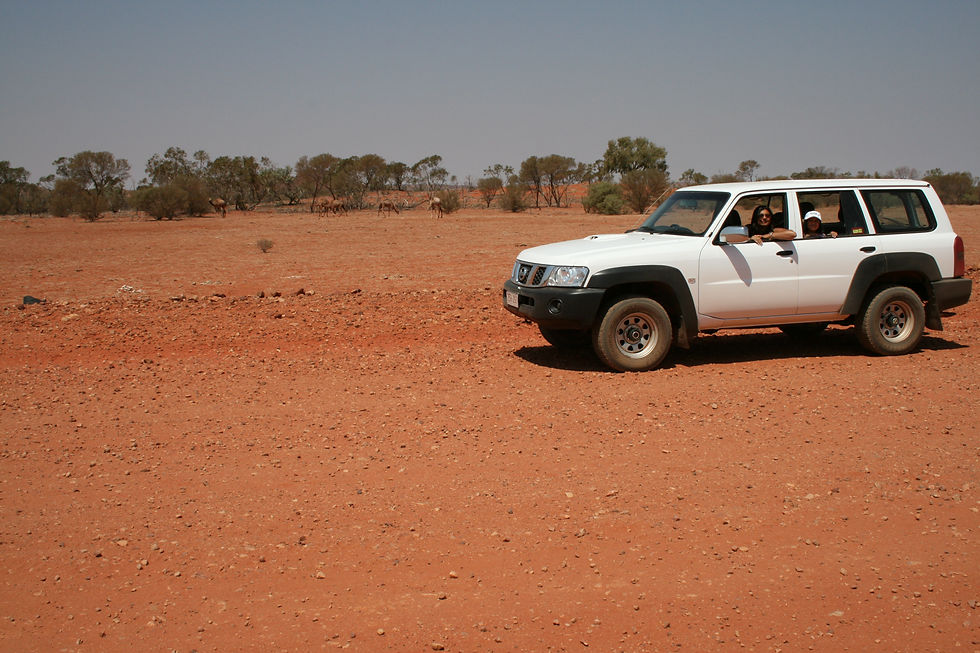As countries are gaining control over this coronavirus pandemic, and quarantine/lockdown restrictions are being loosened, the prospect of taking a holiday after Covid-19 (and let’s be honest we could all do with one!), finally seems visible on the horizon.
Whether this means some of us may actually be able to have a summer break this year, will depend on how governments continue to grapple with the pandemic and how effectively they are able to put in place safety practices and procedures incorporating social distancing, and minimising any risk of infection spreading. Realistically, for many of us a stay-cation may be in order, as opposed to visiting an international destination.
In the current climate, there is the potential for change to be rapid; whether this is with countries changing their restrictions for entry/exit or for bookings for flights, hotels, attractions etc, and it’s important that if you are considering a holiday, to keep abreast of any such developments. As the proverb goes, ‘knowledge is power’, and with that in mind, I’ve compiled this list of useful tips for travelling in the immediate aftermath of the Covid-19 pandemic, helping to keep you informed and safe.

1. Check the official advice of your Government and country that you are departing from and travelling to. Do take their advice and only travel from and to destinations in accordance with the respective countries’ guidelines. Check the government websites and sign up for any alerts or updates if they are available. In the UK look at www.gov.uk/foreign-travel-advice . These guidelines are there to keep you safe!
2. Look at the World Health Organisation website at www.who.int , they are an international health organisation and their site is full of lots of information including global updates on the pandemic. If you are in the UK also visit the Foreign & Commonwealth Office at www.gov.uk/government/organisations/foreign-commonwealth-office, it has plenty of up to date information about travel to different countries that you might be thinking of visiting.
3. Check the quarantine and isolation procedures of the country that you are travelling to. And obviously be aware of these in your own country, that you will be returning to. Also be aware that screening and monitoring will likely be in force at all entry points to a country, be they airports, ferry ports or any other crossing. In the UK, as of 8th June 2020, all passengers arriving into the country are required to provide an address of where they will be self-isolating for 14 days. There will be spot checks, fines of £1000 and the measures will be reviewed every 3 weeks.
4. Travel insurance – make sure you get it and read the small print. Does the insurance cover the country you are travelling to? Does the policy cover pandemics? What are the medical repatriation costs in case of ill health or a second wave of the pandemic that might present new restrictions to travel? Is there anything else that might invalidate the policy?

5. Ensure you are using a reliable source for news, as there is a lot of ‘fake’ news on the internet especially, and you don’t want to be mis-informed. In the UK my preference and trusted source is the BBC www.bbc.co.uk
6. Consider your age and any existing health conditions before you make a booking. Certain conditions such as severe asthma, COPD, cancer patients, or if you’re pregnant put you at higher risk of Covid-19, so consider these risks.
7. If you have made travel bookings, do keep in touch with the airline, tour operator and accommodation providers for up to date information in these potentially fast-changing times.
8. Carry with you, your Embassy contact details, along with the telephone numbers of the Emergency Services where you are, just in case!
9. Look at apps like HealthMap’s ‘Outbreaks near me’ and avoid going into ‘hot’ zones.

10. Start with a road trip as opposed to flying. Stay local rather than going international just yet. That way if there is another outbreak at least it will be easier to get back home.
11. Don’t be tempted by a cheap deal. There are lots of ‘bargains’ out there at the moment as the travel industry try to lure customers back. But check the details thoroughly before booking and look at refund and cancellation policies.
12. If you are in the UK choose an ABTA or ATOL bonded travel operator. This means that if the package holiday you’ve booked doesn’t happen for some reason; if it’s cancelled or the operator goes bust, or even if there is a major issue whilst you are away, then you are legally entitled to a refund or a flight back home.

13. Book hotels, flights, tickets for attractions that have free cancellation. This is for the obvious reason that if the pandemic situation changes in your host or destination country, then you are not left out of pocket.
14. Consider staying in self-catered or Air B’n’B type accommodation over hotels. That way you can prepare your owns meals or a packed lunch if you are unable to find a restaurant in rural areas or perhaps you don’t feel the eateries are socially distancing properly or even if you don’t feel ready to eat out just yet. Also, you can give the place a good clean when you get there and know that it’s ‘safe’, without having a large number of people using communal areas such as hotel reception areas and corridors. If you do opt for a hotel, check their cleaning regimes.
15. Opt to stay in rural areas rather than big cities. In rural areas it’s far easier to socially distance and avoid close contact with others, like it or not social distancing is possibly the best means of keeping safe in the current times.
16. Choose to rent a car or take a taxi over using public transport. With a rented car, you know it is only yourself and your family that will enter it as opposed to public transport where there can be a high number of people touching surfaces that you will also have to touch. Additionally, trying to maintain social distance on public transport will be a lot more difficult.
17. Pick smaller group tours or preferably private tours over large group tours. This is to minimise close contact with others, and there is no need to socially distance with members of your own household.

18. Ensure you carry a supply of personal protective equipment and cleaning products such as: face masks (for when you can’t socially distance or if you develop symptoms, and they are compulsory in some areas); hand sanitiser; latex gloves; disinfectant wipes; thermometer.
19. Always practice good hygiene; frequent and thorough hand washing, always washing hands before eating, avoid touching the eyes, nose and mouth.
20. Immediately after your trip, monitor your health closely for 14 days (as that’s how long it can take for symptoms to show). If you do display any of the symptoms, then be sure to self-quarantine in accordance with your home country's guidelines.

Comments